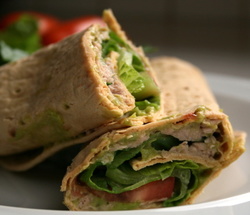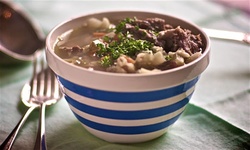Recently I was diagonosed as diabetic, albeit marginally so. Not a classic type 2 in that my BMI has always been around 23/24, I exercise a lot and generally eschew sugary foods. I am making good progress according to blood sugar tests by cutting done on wine, honey, chocolate and fruit juice. Now, after 6 weeks of idleness post op I am anticipating riding again.
My typical ride is up to 4 maybe 5 hrs. What are the recommended fuel and recovery foods? A lot of peering at labels etc has lead me to conclude that walnuts, almond and brazils are the best option. All suggestions incl carrot cake will be interesting BUT I must minimise sugars, particularly cane sugars, wherever possible. I think that I should be looking for foods/energy or recovery bars that are 1) sugar light 2) carb and protein heavy - I am not worried by risk of weight gain 3) jersey pocket transportable
My typical ride is up to 4 maybe 5 hrs. What are the recommended fuel and recovery foods? A lot of peering at labels etc has lead me to conclude that walnuts, almond and brazils are the best option. All suggestions incl carrot cake will be interesting BUT I must minimise sugars, particularly cane sugars, wherever possible. I think that I should be looking for foods/energy or recovery bars that are 1) sugar light 2) carb and protein heavy - I am not worried by risk of weight gain 3) jersey pocket transportable
Last edited:



